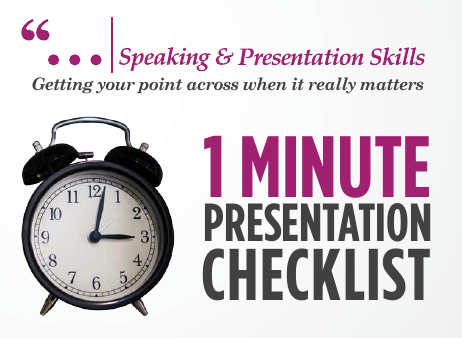The Tesco slogan is an apt reminder of the difference we can make through even a small contribution to a bad situation. In my local High Street I saw a stall inviting people to sign petitions against cruelty to animals. I signed, but wondered what good my contribution do.
Then I remembered chaos theory.
According to chaos theory, every little helps. It means that every little thing you do can have a magnified effect later on, causing something to happen or not happen. It’s also called the butterfly effect: when a butterfly flaps its wings, it causes a tiny change in the atmosphere which in turn causes another change and so on, until eventually the tornado that would have hit China doesn’t happen.
Chaos Theory was observed by a scientist called Edward Lorenz in 1961. In 1960 he had set up his computer to process some data about the weather, and he got a certain curve. In 1961 he wanted to extend the curve, so he decided to re-start it somewhere beyond the beginning. The relevant figure stored in the computer was 0.506127, but to save paper he had printed it out to only 3 decimal places: 0.506, so that was the figure he typed in at the re-start.
When he ran the sequence, he got a very different result from the 1960 curve. All because of that minute difference of 0.000127.
But here’s the really interesting bit. When Lorenz worked out the equations for this phenomenon, instead of random patterns, there was a symmetry. It formed a pattern like a figure of eight, drawn repeatedly without tracing over a previous line (The Lorenz Attractor).
So how is that relevant to our lives? It indicates that when we find ourselves in trouble, it is easy to think there is no way out. But in reality, the ‘disconnect’ we feel is almost certainly part of a pattern that will resolve itself, and that any action we take, however small, could change the direction of our lives.
If we focus on the immediate situation, we may see and feel only the lack of rhythm. But if we take the long view, a pattern will emerge and bad times will resolve themselves.
Sometimes it’s best just to stand still and not respond to setbacks, criticisms or other negative events. At other times a small intervention may go a very long way. Because every little helps.






